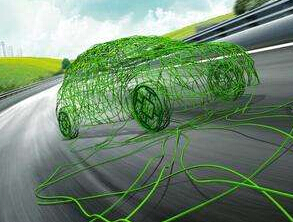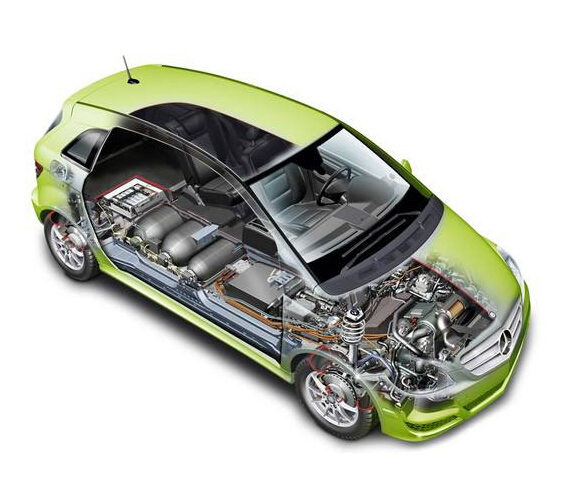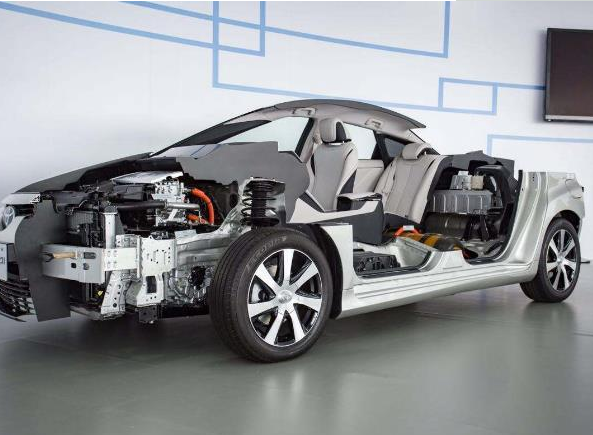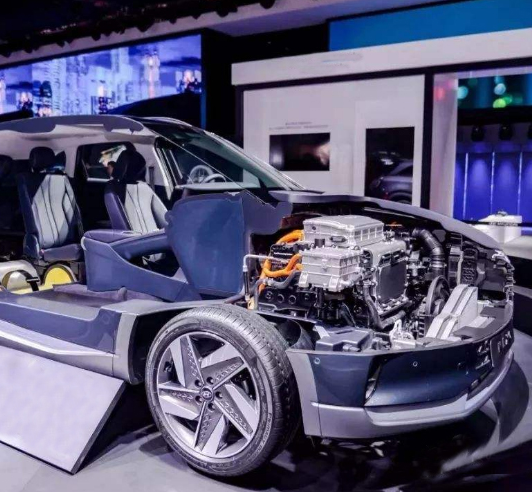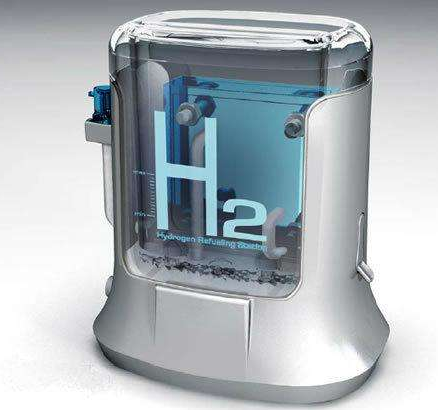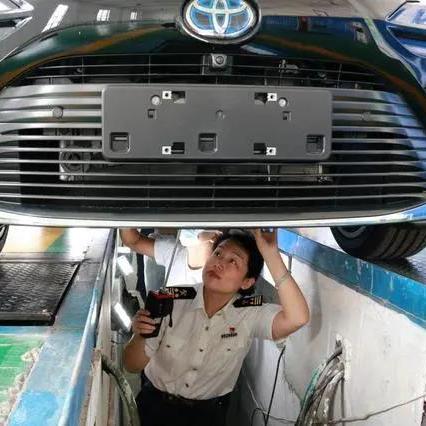Fuel cell vehicles are a type of new energy vehicles. In the electric vehicle terminology GB/T 1956 2017, fuel cell electric vehicles are defined as fuel cell systems as a single power source or as fuel cell systems and rechargeable storage. An electric vehicle that can be used as a hybrid power source. At present, fuel cell vehicles in the industry are mostly hydrogen fuel cell vehicles. In May 2018, Premier Li Keqiang visited Japan to visit the Toyota Hokkaido factory and inspected the Japanese fuel cell vehicle.
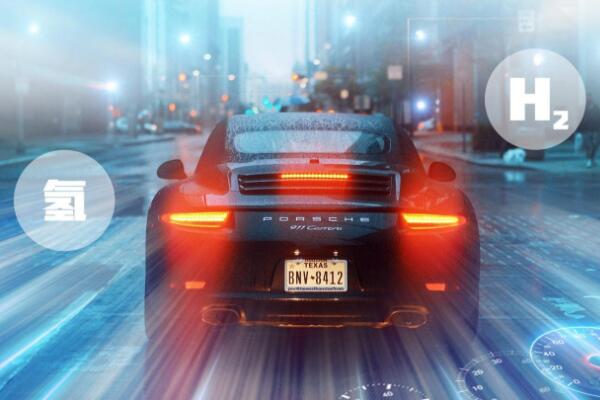
Many experts said that we should pay attention to fuel cell vehicles
After the Prime Minister returned to China, the hydrogen fuel cell became the focus of the new energy automobile industry. The State Council’s multi-ministerial committee set up a hydrogen fuel cell joint group to accelerate the development of the hydrogen fuel cell industry in China. Therefore, it is also considered to be a hydrogen fuel cell in 2018. The first year. Not only has the government gradually introduced policies to support its development, more and more companies have begun to deploy hydrogen fuel cell vehicles, and many industry experts have also expressed their views on hydrogen fuel cells.
Ouyang Minggao once said that China should adhere to the pure electric strategy and promote the development of hybrid and fuel cell vehicles on this basis. This strategy is based on pure electric power. The first step is to realize the industrialization of pure electric power and develop the battery industry. Then, based on the pure electric industrialization, the plug-in hybrid will be gradually promoted. Finally, the foundation in the previous Advance the development of the same hybrid and fuel cell as the international one.
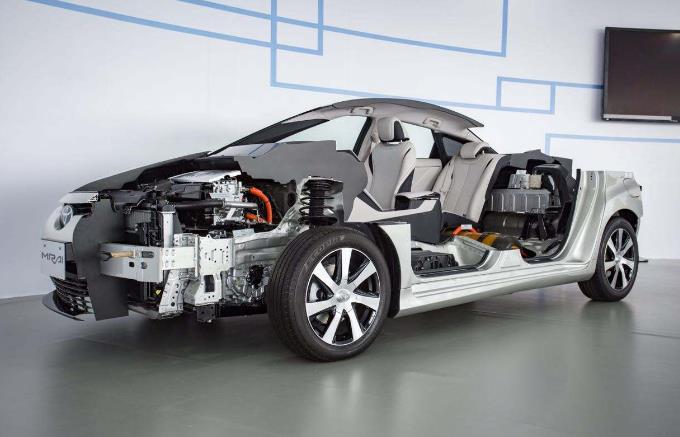
High subsidies promote the development of hydrogen fuel cell vehicles
According to statistics, China currently has more than 2,000 hydrogen fuel cell vehicles and 12 hydrogen refueling stations. In order to support the development of hydrogen fuel cell vehicles, China has also given special preferential treatments for hydrogen fuel cell vehicles in the subsidy policy for new energy vehicles.
The tram resources learned that in the "Medium and Long-term Development Plan for the Automotive Industry" jointly issued by the Ministry of Industry and Information Technology, the National Development and Reform Commission and the Ministry of Science and Technology in 2017, fuel cell vehicles were listed as key support areas. In addition, according to the “National Fuel Cell Development Roadmap” issued by China, by 2020, 2025 and 2030, the scale of China's fuel cell vehicles will reach 5,000, 50,000 and 1,000,000 respectively, and hydrogenation will be completed by 2030. At 1000 stations, hydrogen fuel cell vehicles entered the mass production stage.
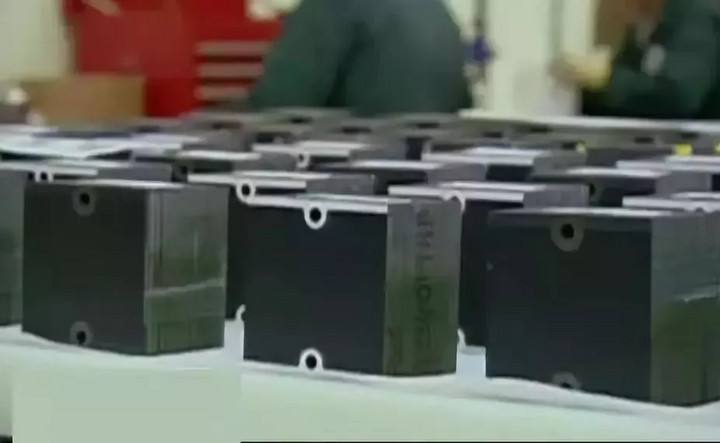
Lack of core technology becomes the biggest obstacle to commercialization
As we all know, there are still many obstacles to the development of hydrogen fuel cell vehicles, such as high cost of hydrogen fuel, insufficient supporting facilities such as hydrogen refueling stations, technical standards and backward testing systems, etc., but one of the most important factors affecting the commercialization of hydrogen fuel cell vehicles is The lack of core technologies for key components is also one of the reasons for the high cost of hydrogen fuel cell vehicles in China.
















 RCCN WeChat QrCode
RCCN WeChat QrCode Mobile WebSite
Mobile WebSite